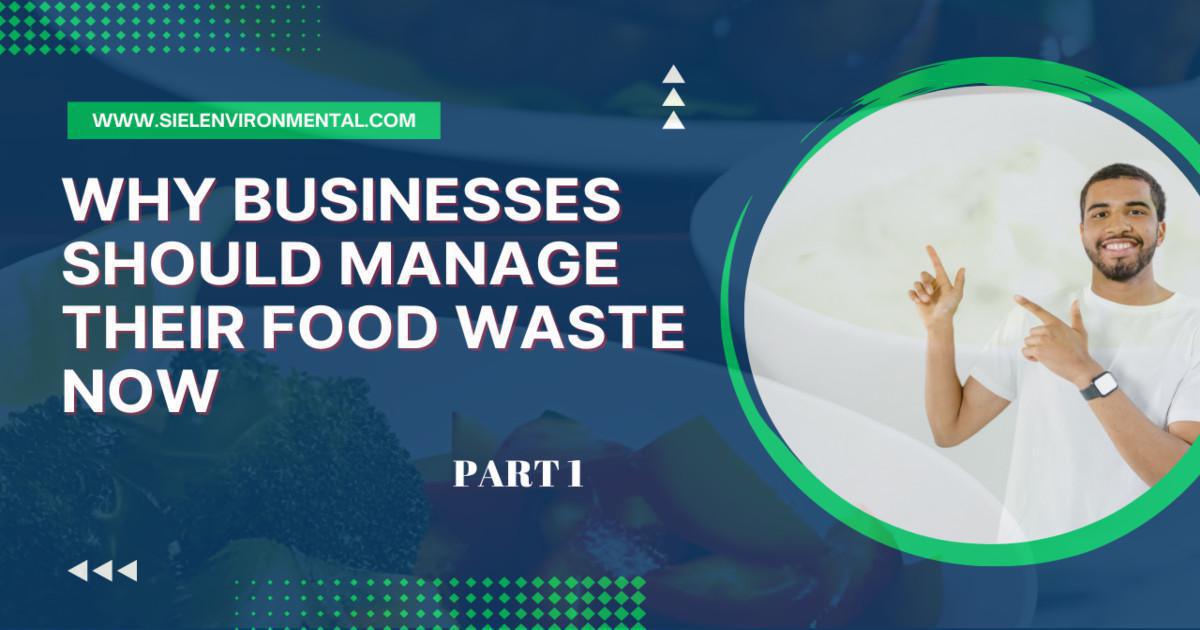The global challenge of food loss and waste has gained attention due to its increased importance. It’s an official UN SDG Target Goal 12 – “By 2023, the goal is to half per global food waste at the retail and consumer levels and reduce food losses along production and supply chains, including post-harvest losses.” But that is simply just the beginning. So let’s explore why Caribbean businesses need to manage their food waste NOW.
The food and beverage manufacturing industry, which begins at the farms and ends at the consumer level, sits smack-dab in the middle of this and is a major contributor to food loss and waste. To bring things home, in the recently published Waste Characterization study, we Trinbagonians throw away a whopping 154,000 tons of food waste each year, specifically in the areas of edible foodstuff and food waste by-products such as skins and peels from households and restaurants.
As an advocate for ugly and naked fruit and veggies (not wrapped in plastic), this is MIND-BLOWING!! I have seen this wastage firsthand and if you’re like me, it would hurt your heart to see all that food just being thrown away.
In our recently concluded Food Waste survey, some businesses may perceive their food loss and waste as minimal, however, overlooking the importance of adopting, monitoring, and measuring these losses can have far-reaching consequences. In this blog, let’s explore the business case for food and beverage manufacturers to embrace sustainable practices and say why it is important for Caribbean businesses to manage their food waste.
Sustainability Benefits For Food & Beverage Manufacturers
- Cost Savings and Increased Profitability: Even if food loss and waste seem insignificant at first glance, they can accumulate over time, eroding your profit margins. By adopting strategies to minimize losses and improve efficiency throughout your supply chain, you can reduce the costs associated with production, transportation, and storage to begin. Identifying areas of waste and implementing effective solutions can lead to substantial savings, positively impacting the bottom line.
- Enhanced Reputation and Consumer Appeal: In today’s socially-conscious marketplace, consumers are increasingly prioritizing sustainability and ethical practices. They want to buy from businesses where making a profit is not the only important thing. By proactively addressing food loss and waste, you can demonstrate your commitment to environmental stewardship and social responsibility, which in turn builds a positive brand image, attracts environmentally conscious consumers, and fosters customer loyalty.
- Improved Operational Efficiency: Analyzing and monitoring your food loss and waste enables you to identify inefficiencies within your operations. By implementing technologies and practices that optimize inventory management, production processes, and distribution systems, you can streamline your business operations and improve overall efficiency and we have an awesome tool that can help ;-).
- Access to New Markets and Partnerships: Sustainability has become a key driver in business partnerships and market access. Embracing responsible food management practices can open doors to collaborations with like-minded organizations, including retailers, suppliers, and NGOs and the list can go on.
But there are also some downsides to inaction or staying in the reactive phase of your business journey. We will cover that in part 2 of this blog and what the government can do to support this walk of yours.
*This Eco-Learn article is made possible through the 'Doh Waste Good Food' Campaign - a Food Waste management campaign conducted in collaboration with Siel Environmental.

